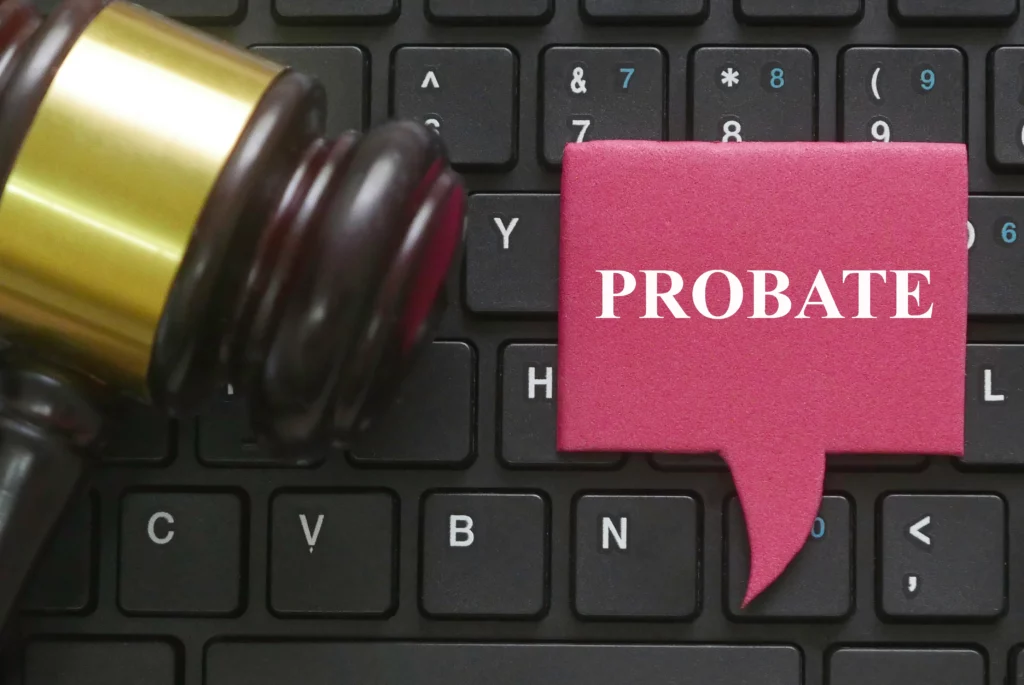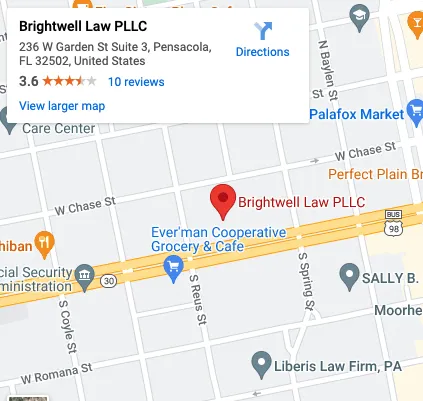Why you should try to avoid probate
One of the many decisions you will need to make about your estate plan is whether you want to avoid probate. Probate is the legal process for settling an estate after someone has died. It is also known as estate administration. The main purpose of probate is to provide inheritors of a deceased person’s property with clear title to the property.
During probate, the decedent’s personal representative (also called the personal representative if the decedent left a will or the administrator if the decedent did not have a will) locates the decedent’s assets, pays his or her debts, and distributes the remainder of the estate to the beneficiaries named in the will or heirs specified by state law.
Here are three reasons why you might prefer for your estate to pass outside probate:
1. Probate expenses can shrink your estate significantly. Cost is probably the most important reason people decide to avoid probate. Attorneys’ fees are often the biggest expense. Most personal representatives decide to hire an attorney to navigate the probate process. It can be difficult for a non-attorney to figure out the procedures, forms, and deadlines. Courts do not always have clear instructions for non-lawyers or staff available to help. Some states require the personal representative to hire an attorney. Attorneys’ fees can be expensive. In some states, they are based on the value of the estate. In others, the amount of time the attorney spends and what the judge thinks is reasonable. It is not unusual for them to run into tens of thousands of dollars depending on the complexity and size of the estate and whether the estate is contested.
Additionally, there can be fees for personal representatives, court filings, appraisers, and other expenses, such as real estate taxes, insurance, utilities, and property maintenance. These fees are all deducted from the estate and can take a big bite out of it. For smaller probated estates, fees can greatly diminish the distributions the heirs receive.
2. Probate can take a long time. Probate is not typically a fast process. A minimum of six months is usually required. Even routine uncontested probates can take several years to complete. While the probate drags on, the beneficiaries and heirs wait to get their distributions. By contrast, property transfers can be completed in weeks when probate avoidance methods are used.
3. Probate filings are public. Many court probate filings are a matter of public record. Probate could open information you would prefer to keep confidential to the public.
If you call my office for an appointment, I will be happy to answer any questions you may have about avoiding probate or other aspects of planning your estate. After a complete review of your assets, family situation, and goals, I will design a customized plan for you.



